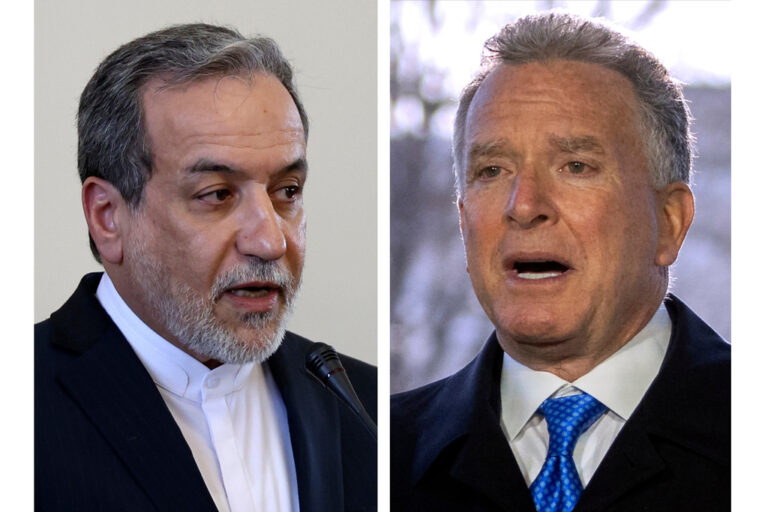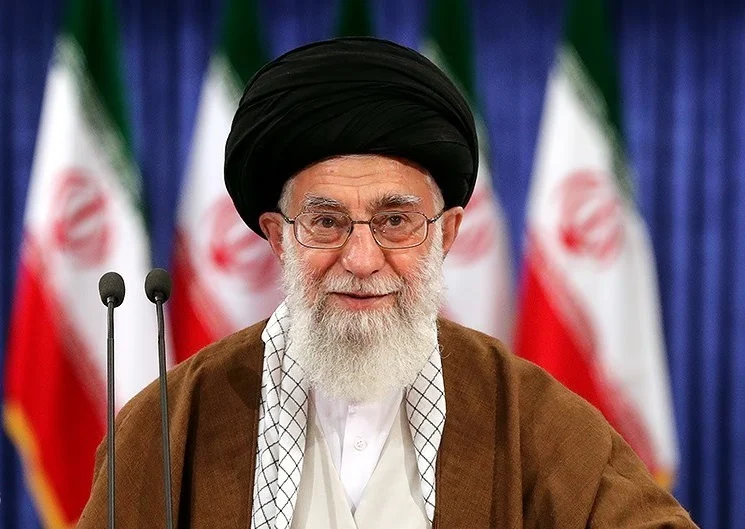 Israeli officials on Tuesday denied a report that the country spied on the United States’ handling of sensitive negotiations over Iran’s nuclear program, moving to contain a new crisis that threatened to deepen a widening rift between the two allies.
Israeli officials on Tuesday denied a report that the country spied on the United States’ handling of sensitive negotiations over Iran’s nuclear program, moving to contain a new crisis that threatened to deepen a widening rift between the two allies.
The report in the Wall Street Journal has come at a difficult time for U.S.-Israel relations. Prime Minister Benjamin Netanyahu has been feuding with the White House over an emerging nuclear deal with Iran, and he has come under fire for comments he made in the final days of Israel’s parliamentary election campaign last week.
Reacting to the report, Israeli Defense Minister Moshe Yaalon said “there is no way” that Israel spied on its closest and most important ally. Yaalon, a former military chief and head of military intelligence, noted that Israel has received no complaints from the U.S., which he said would be expected in such a case.
Yaalon said it has been “strictly forbidden” by all Israeli leaders over the past two decades – especially the current government – not to spy on the Americans.
“I am sorry it came out this way,” he said. “Apparently someone has an interest in sparking a dispute, or creating a bad atmosphere in our relations,” he said.
The U.S. has been leading world powers in negotiations aimed at curbing Iran’s suspect nuclear program.
Israel, which believes Iran is trying to develop a nuclear bomb, believes the deal being negotiated would leave much of Iran’s nuclear infrastructure in place and allow it to become a “threshold” state capable of building a bomb. Prime Minister Benjamin Netanyahu has called it a “bad deal” and has lobbied against it – most notably in a speech to the U.S. Congress early this month that was delivered over White House objections.
Iran says its nuclear program is for peaceful purposes only – a claim that has been received with skepticism by much of the international community.
In its report, the Wall Street Journal report said Israel had penetrated the talks and used the information to build a case against the deal. It said the White House was especially upset that Israel had shared the information with U.S. lawmakers and others to undercut support for the negotiations.
Netanyahu’s speech to Congress, in which he voiced harsh criticism of the nuclear deal, was organized with Republican Party leaders behind the back of the White House.
Netanyahu’s office has called the spying report “utterly false,” saying Israel “does not conduct espionage against the United States or Israel’s other allies.”
Israel has said it doesn’t spy on the U.S. since Jonathan Pollard, a civilian analyst for the U.S. Navy, was convicted of spying for Israel in the 1980s. The case was one of the most damaging episodes in U.S.-Israeli relations and remains a sore spot in some American circles.
Israel’s Foreign Minister, Avigdor Lieberman, said in a radio interview Tuesday that the information in question had come from other parties in the talks, not the U.S.
In last week’s election, Netanyahu’s Likud Party captured the most seats in parliament, setting the stage for him to serve a third consecutive term as prime minister.
The White House has criticized Netanyahu’s last-minute campaign rhetoric, in which he voiced opposition to Palestinian statehood and warned his supporters that Arab voters were heading to the polls “in droves.”
Netanyahu has since backtracked on his campaign statements, but the White House has reacted with skepticism.
(AP)










